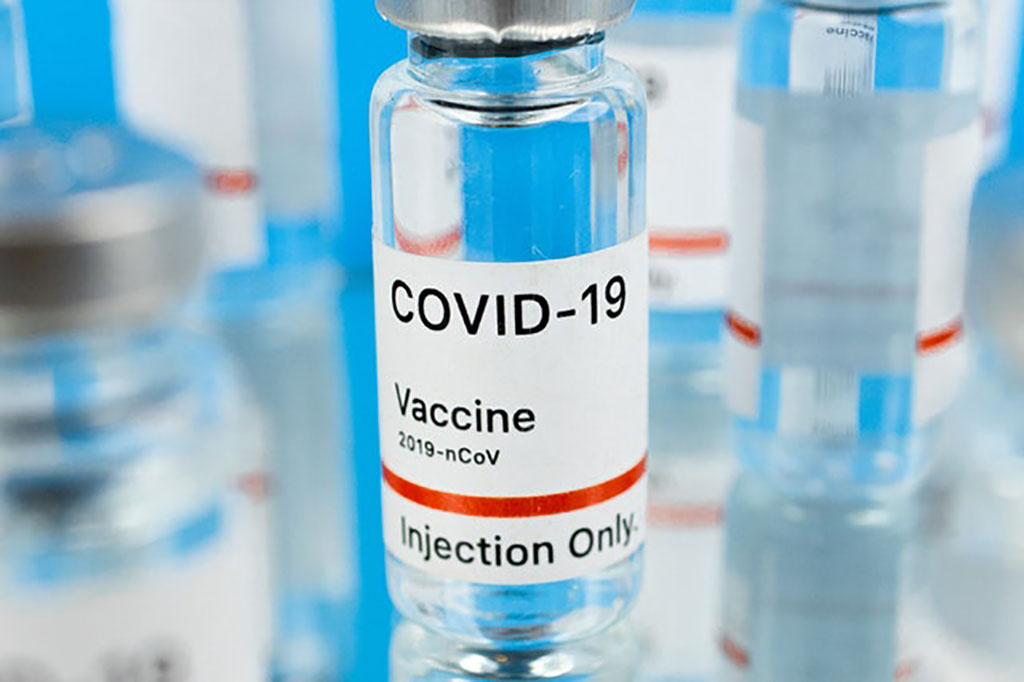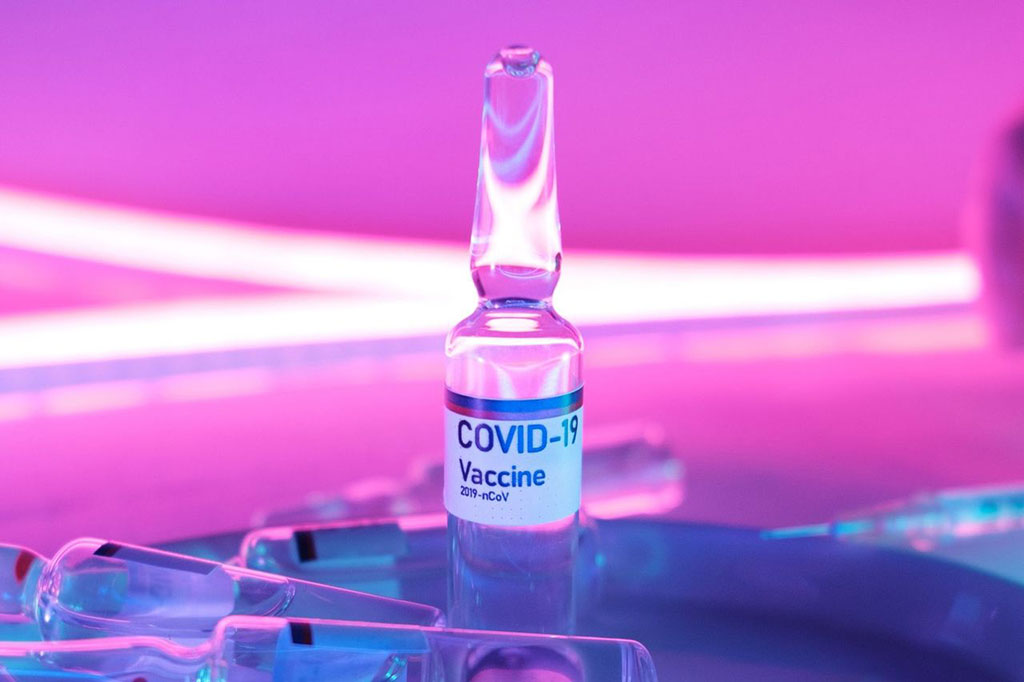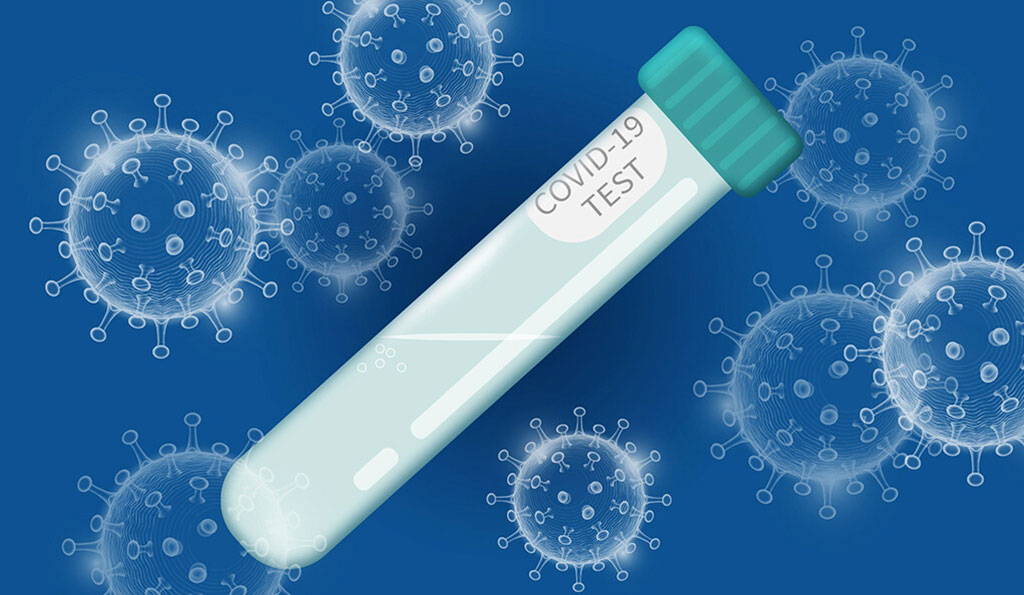AACC 2021 to Offer Pathways Highlighting Significance of AI, Emerging Diagnostics and COVID-19 in Clinical Laboratory Medicine
By LabMedica International staff writers
Posted on 31 Aug 2021
The 2021 American Association for Clinical Chemistry (AACC; Washington, DC, USA) Annual Scientific Meeting & Clinical Lab Expo will offer six pathways highlighting different dynamic areas of clinical laboratory medicine.Posted on 31 Aug 2021
The six pathways include Data Analytics and AI, Emerging Diagnostics, Laboratory Leadership and Stewardship, COVID-19: Lessons, Transitions, and Data, Population Health and Equity, and Molecular Medicine Pathway.

Illustration
The Data Analytics and Artificial Intelligence (AI) pathway will comprise various sessions spread across four days. The development of AI and machine learning (ML)-based technologies in medicine and pathology is advancing rapidly, but real-world clinical laboratory implementation has not yet become a reality. One of the scientific sessions will cover how AI and ML will help with patient diagnosis and their application to autoimmune testing. This session will review some of the major breakthroughs in AI/ML and provide example applications. Another scientific session will use an interactive, case-based approach to provide an intuitive overview of ML and its applications to laboratory medicine.
The Emerging Diagnostics pathway will feature scientific sessions on new technologies and innovations to improve the clinical laboratory. One of the sessions will discuss the benefits that new technologies would bring such as the use of 3D printing to alleviate shortages of laboratory supplies. Another subject of discussion will be sample transportation, handling, and processing. The session will discuss how drones could be part of the landscape to facilitate transportation from remote locations and those in high traffic areas, and to coordinate transportation within major organizations that have several locations.
The Laboratory Leadership and Stewardship pathway will feature session experts who will define opportunities for decentralized testing, including those within point-of-care testing and point-of-need testing, analyze requests for decentralized testing to determine if they are suitable and safe for implementation, and compare benefits and challenges of decentralized testing to determine if it will improve the overall care of the patient.
For those interested in interested in learning more about COVID-19 transitions, lessons, and data, session experts will review the understanding of the adaptive immune response to SARS-CoV-2 and how this has shaped clinical practice, public health decisions, and vaccine studies. Three presentations will explore basic immunology, clinical assessment, and serological and functional assays. Another session will focus on the implementation of serological and molecular tools for COVID-19 patient management, and discuss the findings of the GENCOV study which links serological, genomic, viral and patient characteristics (sex, age, ancestry, symptom severity, comorbidities) to provide a comprehensive understanding of factors that contribute to variability in clinical symptoms and outcomes among COVID-19 patients.
The Population Health and Equity pathway will feature scientific sessions on strategies for enhancement of laboratory medicine in Africa, as well as on emerging areas in therapeutic drug monitoring: antifungals, direct oral anticoagulants, and psychoactive drugs.
The Molecular Medicine Pathway will feature session experts who will introduce key laboratory aspects of next generation sequencing for laboratorians, including technology, QC practices, and bioinformatics. Applications for hereditary and oncology testing will be discussed, including technology-based limitations and advantages. Another scientific session will introduce the recently published ASCCP “Risk-Based Management Consensus Guidelines for Abnormal Cervical Cancer Screening Tests and Cancer Precursors” and “Cervical Cancer Screening for Individuals at Average Risk: 2020 Guideline Update” from ACS. Based on these guidelines, session experts will present contemporary research and recommendations for HPV testing. Speakers willalso explore the rapidly expanding scope of disorders detectable in newborn screening including X-linked adrenoleukodystrophy, adrenoleukodystrophy, and guanidinoacetate methyltransferase deficiency.
Related Links:
American Association for Clinical Chemistry














